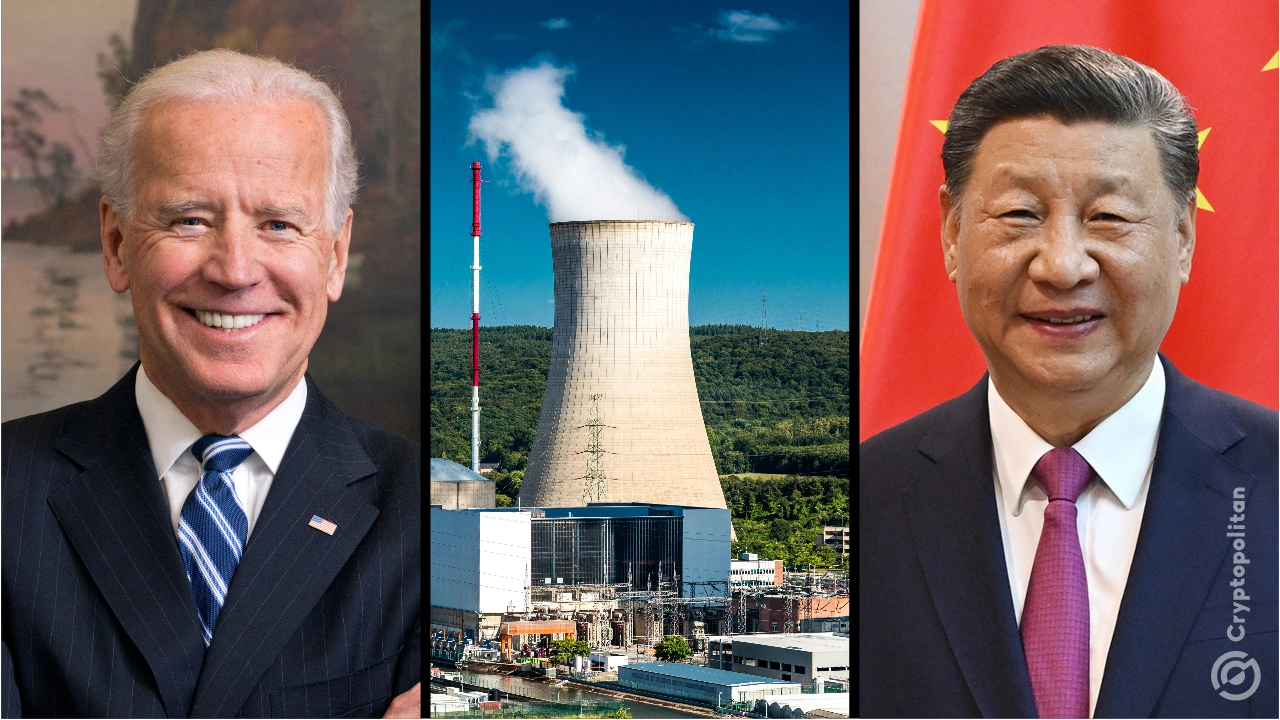As the 2024 European Parliament elections loom on the horizon, the integration of artificial intelligence (AI) into the political landscape raises critical questions about its influence on public opinion and the potential exacerbation of Euroscepticism. AI, hailed for its transformative capabilities, now stands at the center of concerns regarding misinformation and job displacement.
The geopolitical landscape: A crucible for Eurosceptic forces
Against the backdrop of geopolitical turmoil, Europe finds itself at a crossroads, grappling with challenges that could significantly impact the outcome of the 2024 elections. The ongoing conflict stemming from Russia’s invasion of Ukraine, the enduring Israel-Gaza strife, and the aftermath of the COVID-19 pandemic have collectively created an environment marked by global instability. This geopolitical crucible provides fertile ground for the rise of Eurosceptic forces as they capitalize on discontent with the current state of affairs.
Euroscepticism in the context of contemporary challenges
Political science professor Andrea Pirro from the University of Bologna sheds light on the prevailing circumstances. In the face of growing inequality and escalating culture wars, Pirro suggests that Eurosceptic forces can exploit these issues, either continuing or reverting to blaming EU elites for the perceived dire state of affairs. The imminent European elections, occurring amid these turbulent times, become a potential catalyst for a populist hurricane, according to Pirro’s analysis.
A double-edged sword in European politics
The infiltration of AI into the political sphere introduces a dynamic element that could either shape or distort the democratic process. Acknowledging AI’s dual nature as a tool for progress and a potential disrupter, it becomes imperative to assess how this technology might impact the upcoming elections. As millions prepare to cast their ballots, the question arises: Could AI inadvertently fuel the flames of Euroscepticism?
The concern stems from AI’s ability to disseminate information rapidly, making it a potent force in shaping public opinion. Its impact on job displacement has already fueled apprehensions, and now, its role in influencing political narratives adds a layer of complexity to the discourse. The challenge lies in ensuring that AI is harnessed responsibly to enhance democratic processes rather than becoming a tool for manipulation.
Navigating the crossroads of AI and European democracy
As Europe stands at the crossroads of geopolitical uncertainties and internal challenges, the 2024 European Parliament elections become a pivotal moment in shaping the continent’s future. The potential influence of AI on the rise or suppression of Eurosceptic sentiments underscores the need for vigilance. While AI promises innovation, its unchecked deployment could inadvertently contribute to the amplification of discontent.
As voters prepare to make their voices heard, it is crucial for policymakers, technologists, and the public to collaborate in ensuring that AI serves as a force for democratic good. The delicate balance between progress and potential disruption requires thoughtful consideration, and only through responsible utilization of AI can Europe navigate these tumultuous waters without succumbing to the divisive currents of Euroscepticism.





